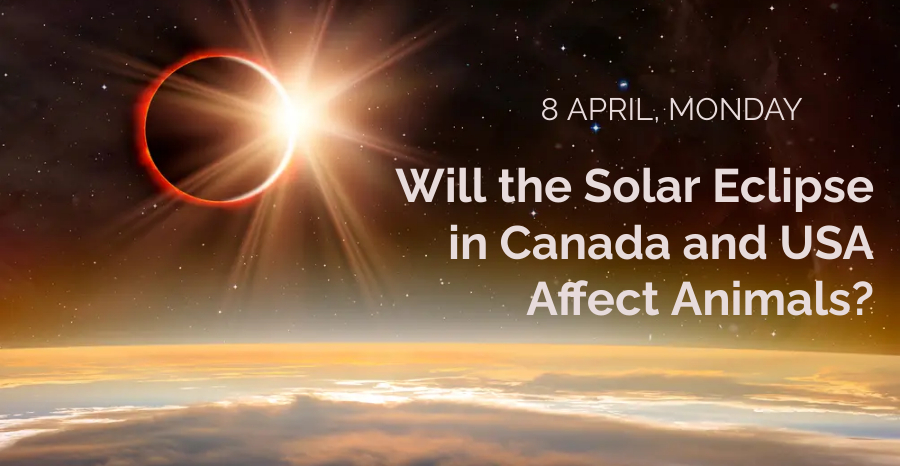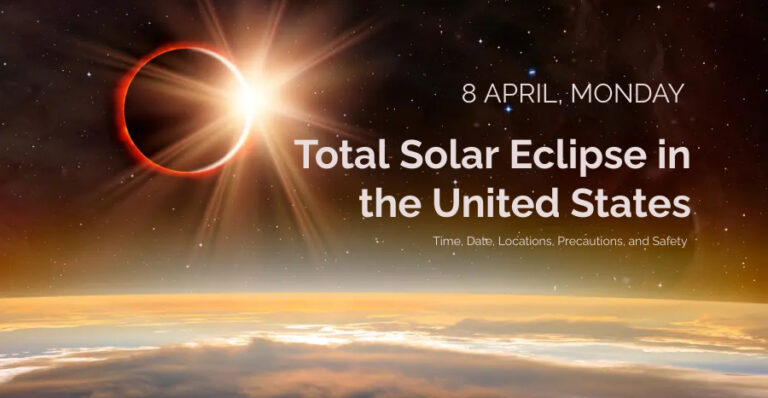According to Dr. Katie Krebs, a veterinarian and professor at the University of Pennsylvania’s School of Veterinary Medicine, the upcoming solar eclipse is unlikely to significantly impact most animals. While some pets might experience momentary confusion, particularly dogs and cats, the majority of wildlife will remain unaffected. Animals typically adjust their behaviors based on environmental cues and are not expected to be greatly disturbed by the eclipse. However, pet owners should be attentive to any signs of fear or confusion in their animals during the event, providing reassurance and a sense of security as needed.
Understanding Solar Eclipses
Solar eclipses occur when the moon passes between the sun and the Earth, casting its shadow on our planet. Depending on the alignment of the celestial bodies, solar eclipses can be total, partial, or annular. Total eclipses occur when the moon completely blocks the sun’s disc, while partial eclipses occur when only a portion of the sun is obscured. Annular eclipses occur when the moon is too far from Earth to fully cover the sun, creating a ring of fire effect.
MONDAY TOTAL SOLAR ECLIPSE IN THE UNITED STATES: TIME, DATE, LOCATIONS, PRECAUTIONS, AND SAFETY
Animal Reactions to Previous Solar Eclipses
Around the world, various species have exhibited remarkable responses to solar eclipses. Birds have been known to roost earlier than usual, while nocturnal animals may emerge from their daytime hiding spots during a total eclipse. Insects may cease their chirping, and domestic animals may display signs of confusion or agitation. While the specific reactions vary among species, there seems to be a common theme of disruption in natural behaviors during eclipses.
Ontario Total Solar Eclipse Date and Time
On April 8, 2024, residents of Ontario, Canada will witness a celestial spectacle as a Total Solar Eclipse graces the skies above. The event will begin with the partial phase at 12:54 PM CDT, gradually building up to the moment of totality. At 3:12 PM EDT, the skies will darken as the moon fully obscures the sun, marking the start of the total eclipse. For approximately 15 minutes, viewers will experience the awe-inspiring sight of the sun’s corona glowing around the silhouette of the moon. The total eclipse will conclude at 3:27 PM EDT, gradually transitioning back to a partial eclipse until it fully ends at 4:36 PM EDT. This rare phenomenon offers a moment of wonder and reflection as nature’s grandeur unfolds before our eyes.




